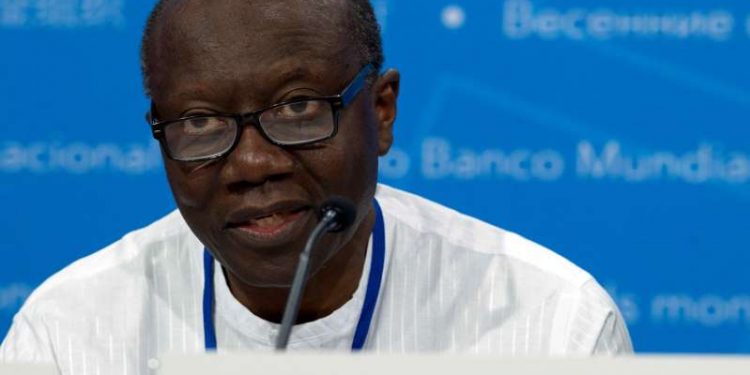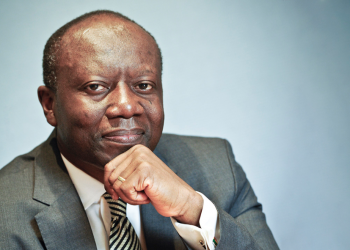Ghana’s is the 8th biggest economy in Africa, according to the World Bank’s latest report dubbed “African countries with the highest Gross Domestic Product over time”.
The report captured the total monetary or market value of all goods and services produced within an economy in 2020.
The country’s growth performance is a vast improvement compared to the year 2005 in which the nation was outside the bracket of the top 10 biggest economies in Africa.
With an economic size of $72.4 billion, Ghana has witnessed consistent expansion in its economy in the last 15 years, largely boosted by oil production which is now a critical sector of the economy.
“While the five highest spots on this ranking have been more or less constant over the last three decades, the rest of the top eight are subject to bigger fluctuations as our chart shows. Libya, for example, managed to come in sixth in 1990 and 2005, but dropped out of the top 8 and only made the 17th rank in 2020 the World Bank noted.
Ghana was one of the few African countries that witnessed a marginal growth of 0.4% last year, after the global economy was battered by Covid-19.
It’s expected to grow by 4.8% in 2021 and an average of 5% for the next four years, after a swift recovery in the hotels and restaurants (hospitality) as well as manufacturing sub-sectors and a boost in exports.
Some market watchers, economists question impact of growth rate
Despite this impressive growth rate of the economy in the past years, many economists, analysts and market watchers have questioned the impact of the country’s high growth rate on real jobs and infrastructural development.
They claim a better way of assessing the real impact of economic growth is through indicators such as Happiness Index and Consumer Confidence Index.
Nigeria is biggest economy in Africa
Meanwhile, with a total GDP of $432.3 billion, Nigeria is the biggest economy on the African continent in 2020.
It was followed by Egypt and South Africa in 2nd and 3rd positions respectively.
“Nigeria’s first place is largely attributable to its rapidly expanding financial sector, which grew from 1% of the total GDP in 2001 to 10% in 2018, and its role as one of the world leaders in petroleum exports. The growing tech hub of Lagos, the second-largest metropolitan area in Africa and among the largest in the world, is also likely to further bolster Nigeria’s growth in the coming years, even though the divide between the part of the population living in slums without access to basic sanitation and its upper class making the city one of the most expensive in the world is likely to grow as well. This is also reflected in its comparably low GDP per capita of $2,100. When considering this indicator, Nigeria doesn’t even make the top 10 in Africa.”
Of the 54 countries in Africa, only four countries made the top 50 of the nations with the highest GDP in the world.
The top spots on this list are reserved for the US, China, Japan and Germany, whose residents generate a combined GPD of $45 trillion, a whopping 50% of the global GDP.
| Country | GDP (US$) |
| Nigeria | 432.3bn |
| Egypt | 363.1bn |
| South Africa | 301.9bn |
| Algeria | 145.2bn |
| Morocco | 112.8bn |
| Ethiopia | 107.6bn |
| Kenya | 98.8bn |
| Ghana | 72.4bn |
source: My Joy Online

















































